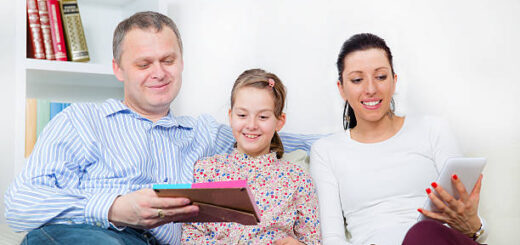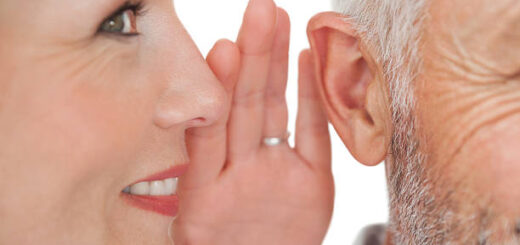George’s half-brother Theo
George also has a younger half-brother named Theo, who is at the age of four and hearing.
When George was born and received hearing aids, we weren’t sure what to discuss with Theo, who was just three years old. We decided that the most appropriate method to explain this to Theo was that his ears weren’t functioning. However, the doctors have provided him with extra ears to make them perform their job. While we were aware that George did not have access to sound through his hearing aids, We didn’t want to misunderstand things with Theo, and we wanted him to know that hearing aids are an advantage.
The first time Theo observed George wearing hearing aids, he inquired immediately about what the hearing aids were. We explained, and Theo declared, “That’s really sad.” He said the word “sad” in a way that was sympathetic, and we were happy for him to have that kind of response.
Now, fast forward to George receiving his cochlear implants, and Theo was curious about what they were. We offered the same explanation, but we explained that he underwent an operation in the hospital and that no when they are worn, they allow him to hear.
Theo even inquires about the lights that flash and what they are. We think it’s amazing that he’s taken an interest. He also explains when George’s coils are falling off, though he’s still not sure if he’s ready to put them on George’s head as of yet.
The experiences we’ve had with Theo taking his older brother’s diagnosis, as well as cochlear implants, give us a greater sense of conviction that children are open to disabilities and aren’t as stigmatized as they were in the past.
It doesn’t mean we won’t get occasional snarky comments in the near future from strangers, but we’ll take this as an opportunity to help educate the public.
Our main goal is to make sure George grows up feeling respected and confident in who he is. My wonderful friend, whose daughter is also wearing cochlear implants, informed me that for every negative aspect of having a hearing impairment, she comes up with a positive. This is true!
There are times when I wonder, what happened to George? It’s fine to be able to feel emotions at the time. However, I quickly think of some great things I’ve learned following George’s diagnosis:
- We make an extra conscious effort not to have the TV on or to scroll through our phones in the vicinity of the room, ensuring that we’re completely present with him and totally taking in his.
- I could Hoover after 9 pm and not worry that I’ll wake my infant… except if Theo is in our home and the Hoover is only to be used during the daylight hours!
- If George is tired, he pulls his cochlear implants out and disposes of them. Imagine being able to completely turn off your hearing after a long time of listening?!
- Every new sound George makes is worth more to us, knowing the road he’s taken to get to this point.
- George is fascinated by sound and is constantly playing around with sound, even throwing things on different surfaces to find out what sounds they create. It’s fascinating to watch George explore the sound in this manner.
- We began learning British Sign Language (BSL), which is an incredibly fun language and something we’d not have considered studying prior to George.



